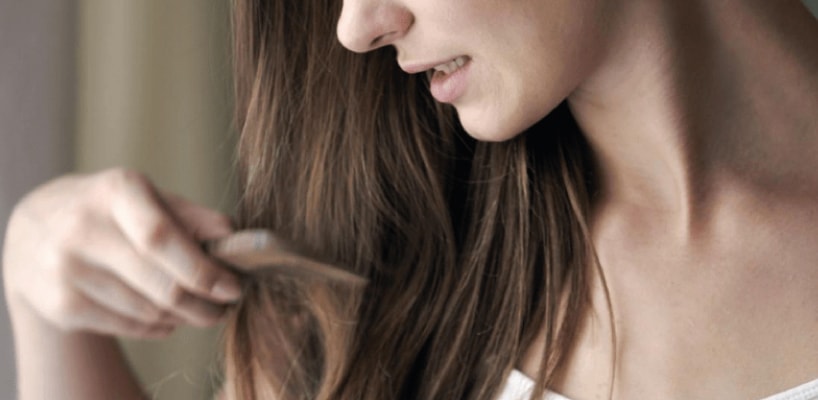‘Does stress cause hair loss? ‘ is a frequently asked question. Hair loss is the fearful dream of many people. But again, many people do not know that stress factors will lead to hair loss, and some hair care habits will increase. Hair loss disorders such as Alopecia areata, telogen effluvium, and trichotillomania are also associated with stress. Causes of sudden hair loss can indicate a medical disease that lies below and requires treatment. These people who experience hair loss problems should be informed that hair loss is a preventable disease.
It is also necessary to be encouraged to investigate and medical treatment of the underlying causes of hair loss. As soon as the amount of hair shed per day begins to become more than usual, hair loss treatment options should be investigated without waiting for hair to dilute. Because in an area where hair falls out, dilution can only be noticed when 25% of hair falls out. The four types of hair loss that can be associated with high-stress levels are:
Telogen Effluvium:
this condition is a common cause of temporary hair loss. Stress can put the hair follicles in the resting stage, allowing them not to produce new strands of hair. Over time, hair can fall off more easily, even if you just wash, comb, or touch it. Telogen effluvium can also be caused by malnutrition and changes in hormone levels.
Trichotillomania:
if you’ve found yourself pulling out your hair when you’re stressed or nervous, this could be a sign of trichotillomania. In this psychological state, people deal with negative emotions such as stress and anxiety, pulling hair from the scalp, face, and other parts of the body. It is most common in young girls.
Alopecia Areata:
in this case, your body’s immune system attacks the hair follicles, causing your hair to fall out. In some cases, alopecia areata only causes thinning of the hair, while in some cases people can develop bald spots. Hair can grow again over time and then fall again. Alopecia areata can be very stressful for anyone interested in this condition.
Anxiety About Hair Loss:
stress and anxiety only play a role in hair loss. Unfortunately, hair loss can also cause even more stress and anxiety. This is a vicious circle. Although there is no direct link between hair loss and depression, some people who experience hair loss may begin to feel symptoms of depression as the physical symptoms of their anxiety and stress become apparent.
In summary, stress affects our daily life as well as our hair health significantly. Hair health can vary depending on our genetic structure or diseases. But in addition to all this, when stress affects hair health, hair loss and the formation of white strands of hair begin. Because stress also affects the pigments that give color to the hair follicles, white strands begin to emerge from the roots that are new hair. During periods of prolonged stress, hair loss increases. Increased hair loss first begins to form baldness in the temples and at the top of the hair. If you experience hair loss, a genetic predisposition, illness, drug use, eating disorder, or any psychological discomfort, stress will further affect these conditions. Proper hair care helps you control hair loss.



